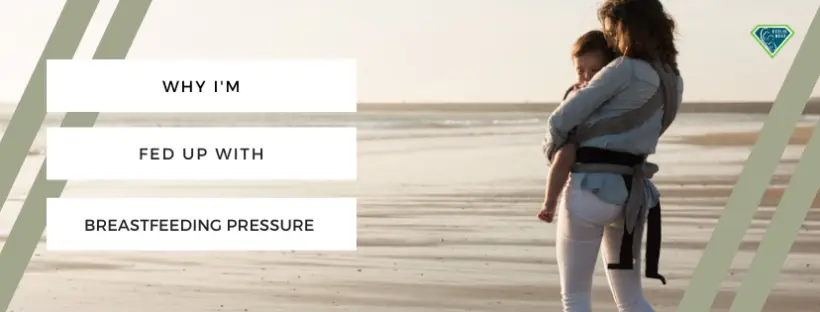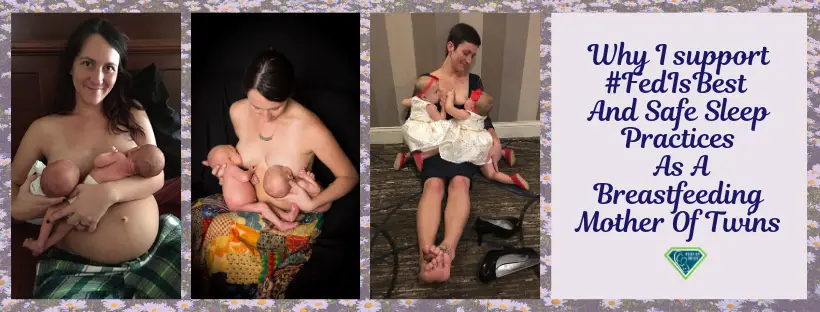by Jody Segrave-Daly, RN, IBCLC and Lynnette Hafken, MA, IBCLC
Our goal is to ensure you have the accurate information you need for the best chance of success, with adequate attention to your mental and physical health and well being.
Before you start, it is important to manage your expectations. The limited research we have shows that while most mothers can produce some milk, developing a full milk supply is often not the case, especially under these very stressful pandemic circumstances. Please be very gentle to yourself throughout the process, because all sorts of feelings can come up. This study talks about those feelings.
In considering relactation, mothers need to consider the big picture. There are cons…:
- time spent pumping that takes time away from other important things, such as interaction with baby, sleep, and caring for other children
- less free time for mom, which is important for mood and stress levels
- potentially disappointing results
- mental health considerations
…as well as pros:
- another source of milk for the baby
- passive immunity from breast milk*
- for mothers who enjoyed breastfeeding, an additional way to spend more one-on-one time with baby
- feeling a sense of agency in a time when we have little control over our lives
*Since COVID-19 is caused by a novel coronavirus (SARS-CoV-2), no one has antibodies to prevent infection unless they have either been exposed to it or recovered from it. Once a mother is exposed and starts developing antibodies, it takes around two weeks to build up antibodies to have a clinical impact as passive immunity protection. Continue reading →




